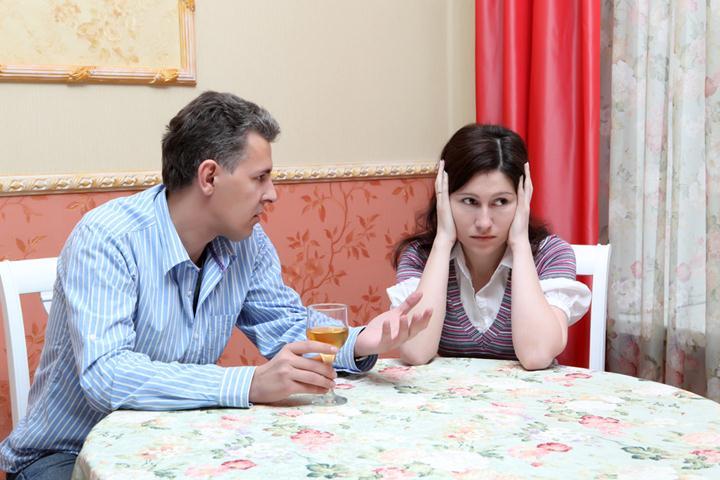An important step on the road to recovery is finding the right depression treatment centers to consider. Understanding the types of programs that are available will help you choose the option that best suits your situation. Selecting a depression rehab program that is tailored to your needs is a positive step toward long-term recovery.
Once outpatient options and day programs have been exhausted or are proving ineffective, you may have reached the point where a center is the best place for the facilitation of long-term recovery. Depression treatment centers enable people the time and space required to practice the strategies and tools that will aid in their recovery.
Depression Treatment Centers: Program Styles
There are three main types of depression treatment centers:
Hospital Inpatient Treatment
If someone is in acute distress and requires immediate stabilization, a hospital inpatient treatment center can support that person, immediately easing their distress. Oftentimes, hospital inpatient treatment is the first choice for the intensive treatment of depression. However, a hospital is not a long-term solution as hospitals operate on a quick turnover basis and once the immediate psychiatric distress has subsided, people are often discharged. As critical as this service is, it isn’t a solution for long-term support and recovery.
Short-Term Residential Treatment
This type of center is tailored to patients who don’t require long-term support and are interested in rapid healing. They’re often a non-hospital setting, which results in a comfortable, relaxing space for recovery to take place. Short-term residential depression treatment centers are suited to patients who don’t require extensive functional support. They can feature therapies customized to each individual that are designed to facilitate rapid healing in a short amount of time. Short-term residential stays often range from 30 to 90 days and feature the building of a foundation for recovery that can be practiced with ongoing outpatient care.
Long-Term Residential Treatment
For those struggling with particularly severe depression or the addition of other factors like substance abuse, long-term residential depression treatment centers offer a more intensive support model. Their programs feature comprehensive care and assist people to build a skill base for their recovery. Long-term centers are harder to find than short-term centers but that doesn’t mean that they aren’t there, so take the time to search and vet them because people have found them to be the key to long-term recovery when nothing else seemed to help. Duration of stays at this type of depression treatment centers are often 12-18 months and involve intensive, customized therapy programs.
If you have been struggling with depression, these are some options for you to consider. Depression treatment centers provide safe spaces within which you can learn the skills needed for long term recovery.
Featured Image: depositphotos/andreyuu


